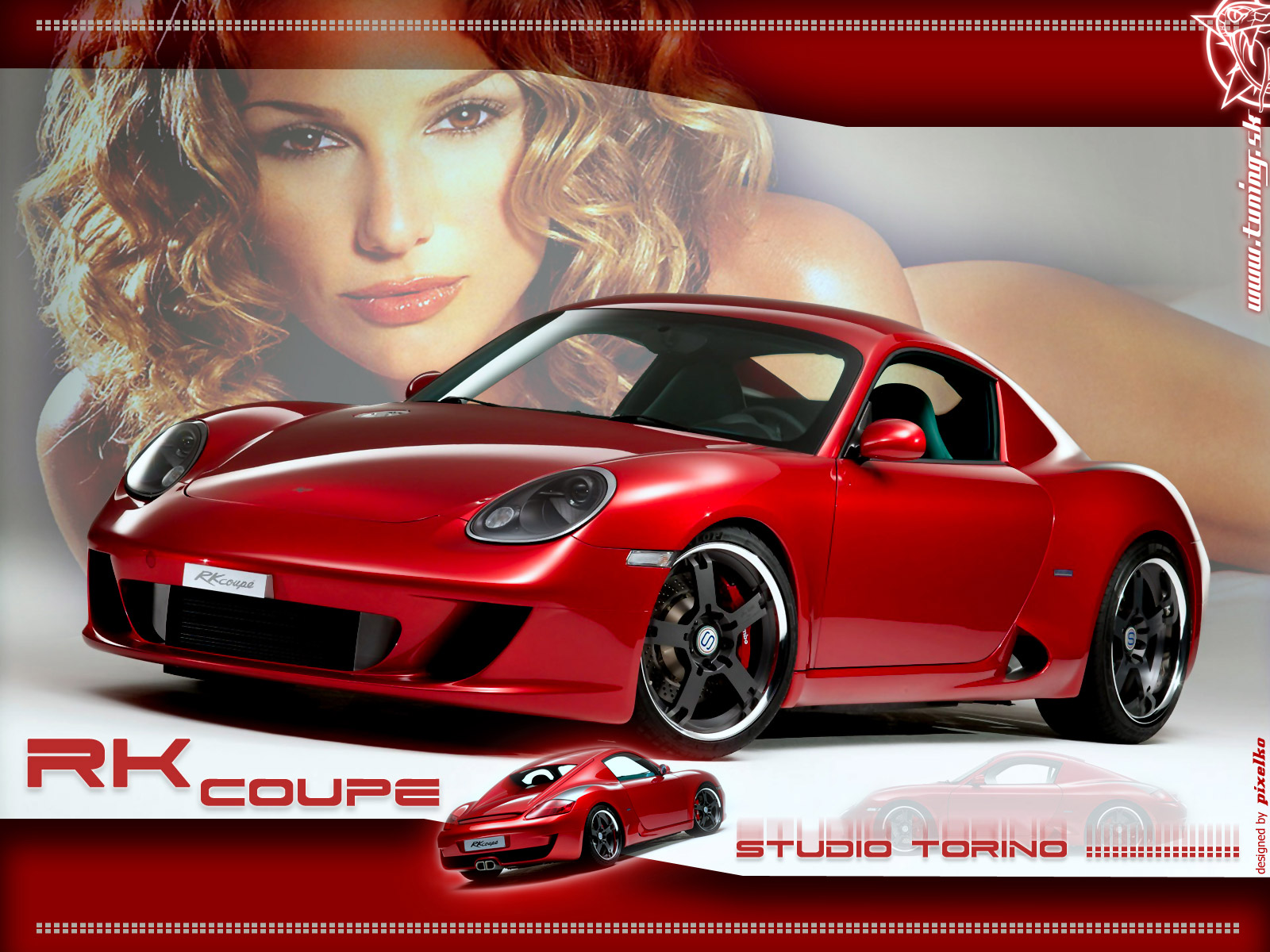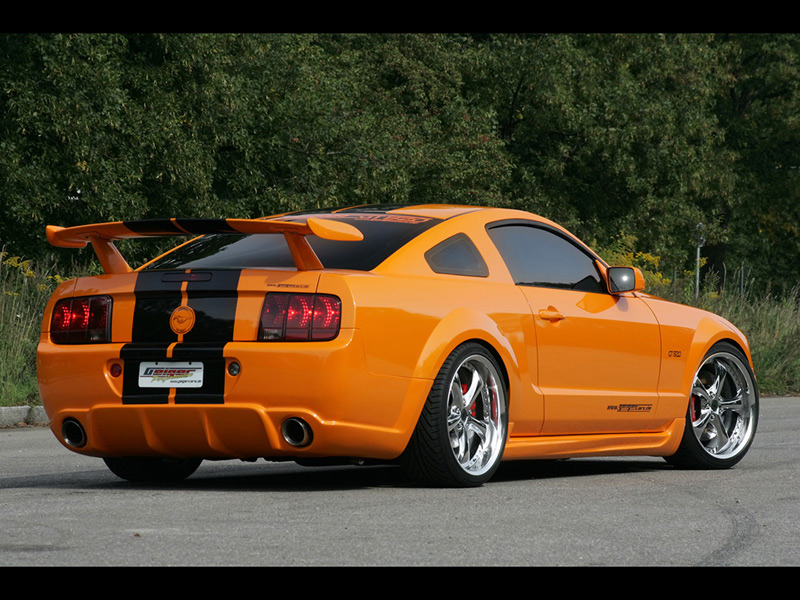|
|
|---|
Wednesday, November 3, 2010
Body tuning involves adding or modifying spoilers and a body kit. Sometimes this is done to improve the aerodynamic performance of a vehicle, as in the case of some wings or bumper canards, or, to lighten the vehicle through replacing bodywork components such as hoods and rear view mirrors with components made from lighter composites such as CFRP. Cornering speeds and adhesion can be improved through the generation of downforce.
More often however, these modifications are done mainly to improve a vehicle's appearance, as in the case of non-functioning scoops, spoilers, wide arches or any aesthetic modification which offers no benefit to performance. Very rarely does an after market spoiler or body kit improve performance, the majority add weight and increase the drag coefficient of the vehicle and thus reduce its overall performance.
Increasing the wheel track width through spacers and wide body kits enhance the cars cornering ability. Lowering the center of gravity is another aim of body tuning dealt with via suspension modifications. However, similar to the addition of non-functioning body kits and spoilers, oftentimes suspension tuners unfamiliar with spring dynamics will cut stock springs, producing a soft, bouncy ride. It is also common to lower the car too far, past the optimal center of gravity, purely for appearance.
Cars Tuning
Cars Tuning
Cars Tuning
Cars Tuning
Cars Tuning
Cars Tuning
Cars Tuning
Cars Tuning
Cars Tuning
Cars Tuning
Cars Tuning
Cars Tuning
All Review videos and more of:• Infiniti• Mitsubishi• Aston Martin• Isuzu• Nissan• Audi• Jaguar • Pontiac• Bentley• Jeep• Porsche• BMW• Kia• Rolls Royce• Buick• Lamborghini• Saab• Cadillac• Land Rover• Saturn• Chevrolet• Lexus• Scion• Chrysler• Lincoln• Smart• Dodge• Lotus• Subaru• Ferrari• Maserati• Suzuki• Ford• Maybach• Tesla• GMC• Mazda• Toyota• Honda• Mercedes-Benz• Volkswagen• HUMMER• Mercury• Volvo• Hyundai• MINI.and MORE....
Labels: Tuning















